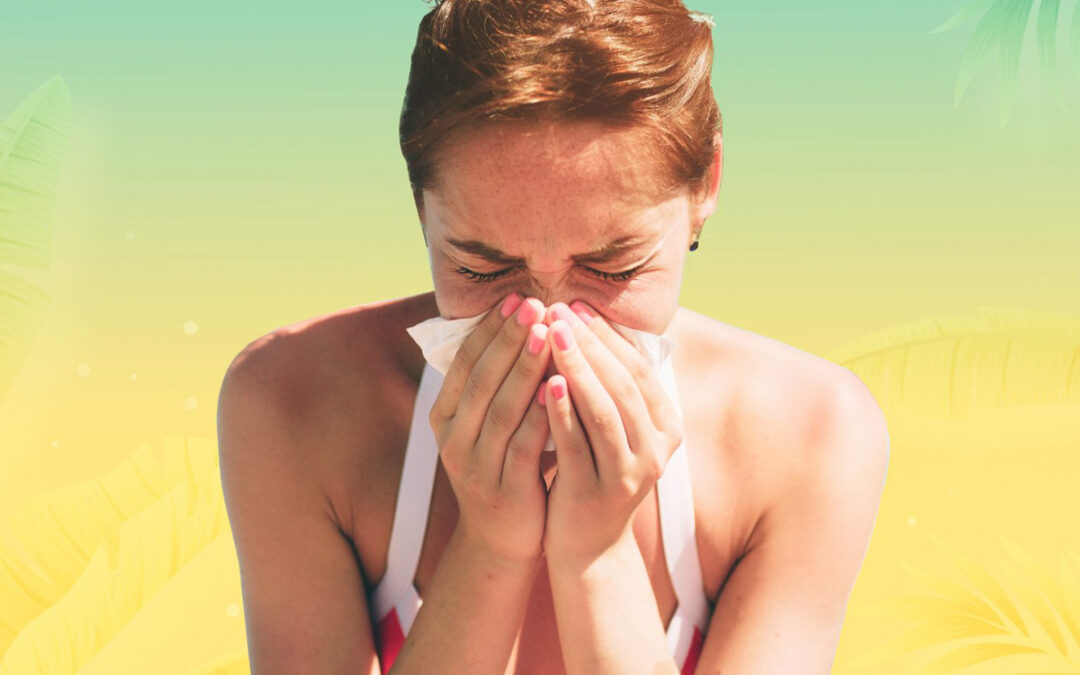We all know the feeling. We’re preparing to spend the weekend outside in the 80 degree weather when we suddenly fall victim to sneezing and a runny nose. A summer cold can damper any warm weather event. But in fact, these symptoms can be the sign of something more.
Allergies affect 50 million Americans, and they don’t only strike during the spring and fall months. Grass pollens and mold spores are very high in the summer and they trigger allergy symptoms. So chances are good your lingering cold may be allergies.
With temperatures in Chicago finally in the 80s, no one wants a runny nose and non-stop sneezing to put a damper on vacation plans and outdoor festivals. While many blame their symptoms on a summer cold, it could be something much more.
Many people think of spring and fall as hay fever season, but allergies can also strike during the summer. Depending on weather patterns, allergies can be more elevated during the summer than other seasons. For example, rainfall and humidity can promote mold growth.
According to the American College of Allergy, Asthma and Immunology (ACAAI), the most common allergy triggers during the summer months are grass pollens and mold spores. In fact, mold can be more bothersome than pollen. Mold spores are everywhere and commonly outnumber pollen grains in the air even when the pollen season is at its worst.
Adults that have never before had allergies can fall victim this summer. This sudden case of adult-onset allergies can be easy to mistake for a cold. Allergies can often disappear within childhood but return several years later.
Cold and allergy symptoms can often mirror one another. Here are four simple questions you can ask yourself to help rule out cold or allergies:
- Symptoms for two weeks? If you answered yes, you more likely have allergies. While colds might seem to linger forever, they are not as persistent as allergies.
- Escalating symptoms? If your symptoms evolve you might have a summer cold. Colds evolve, usually starting with a stuffy nose, throat irritation and low grade fever. Next comes the sneezing and a runny nose, with thickening mucus.
- Green or clear? Colored mucus probably isn’t the most pleasant symptom you want to think about. Mucus that turns yellow or green if often thought to indicate an infection, but could also be seen with allergies. Clear mucus can be with either the common cold or allergies.
- Have an itch or wheezing? Itchy eyes, throat, and nose, along with sneezing, usually mean allergy. If you also have asthma, you might be more likely to have an allergy. An estimated 75 to 80 percent of asthmatics also have an allergy.
Summer colds and allergies might not seem serious, but they can be. Both can progress and lead to other health complications. If you are concerned about your symptoms, call us to schedule an appointment and determine appropriate treatment.





